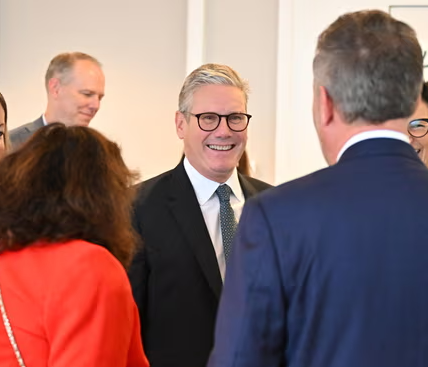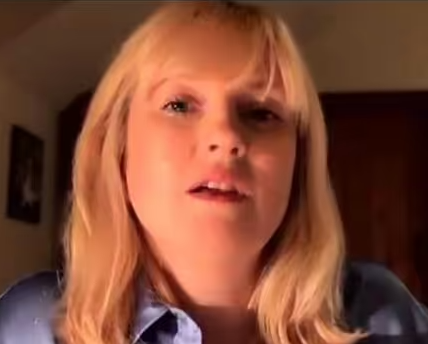Brace for Economic Hardship Ahead: Senior UK Cabinet Minister Issues Stark Warning of More Pain to Come.H
A senior cabinet minister has warned of more economic pain to come as the government prepares to restrict public spending in ways MPs and campaigners say could exacerbate the cost of living crisis.
Pat McFadden, the cabinet office minister, said on Sunday that voters should expect the government to take further difficult decisions, as Keir Starmer prepares to give a speech accusing the Conservatives of leaving the country in “rubble and ruin”.
Ministers are already under fire for their decision to end winter fuel payments for millions of pensioners, with Labour MPs warning that the decision could lead to a “cruel winter” for the most vulnerable people in the country. The prime minister is also under pressure to end the two-child benefit cap and extend the £1bn household support fund, which is due to end in September.

McFadden suggested on Sunday, however, that Starmer and his chancellor, Rachel Reeves, were unlikely to reverse those decisions, and could make further unpopular ones in the months to come.
“I understand there are people who are concerned about tough decisions, but it won’t be the last tough decision that we have to make in government,” he told Sky News.
“It is about making tough decisions, because we saw what happened a few years ago when the public finances were lost control of. We don’t want a repeat of that, and these are the difficult decisions that a chancellor has to make now.”
Separately, he told broadcasters: “Progress is being made, we are at the start of a journey of change in this parliament. Change has already begun, and more change will come in future years.”
Labour has spent much of its first few weeks in power blaming the Tories for the economic and social mess they say they have inherited.

Rachel Reeves, the chancellor, gave a speech in July in which she accused the previous government of leaving a £22bn black hole in the public finances. She blamed that black hole for her decision to restrict winter fuel payments only to those claiming pension credit, ending them altogether for 10 million pensioners.
Starmer will return to that theme in his speech on Tuesday, in which he is expected to say his government found “not just an economic black hole but a societal black hole” when it came to power.
“This is why we have to take action and do things differently,” he will say. “Frankly, things will get worse before we get better.”
Senior Labour figures believe they have a limited time while the Conservatives are consumed by their leadership contest to pin the blame on the former government for unpopular choices they have to make.
Those choices include releasing non-violent offenders from prisons after serving only 40% of their sentence in a bid to alleviate the pressure on prison places – a scheme that is due to start next month.
Starmer will on Tuesday blame the prisons crisis for the recent spate of riots which engulfed the country. “Those people throwing rocks, torching cars, making threats – they didn’t just know the system was broken,” he will say. “They saw the cracks in our society after 14 years of populism and failure – and they exploited them.”
With Labour MPs returning to Westminster over the next two weeks after their summer break, however, Starmer and Reeves are under increasing pressure to relent over some of their tougher economic choices. They include the cuts to winter fuel payments and the decision not to end the two-child benefit limit.
Rachael Maskell, the Labour MP for York Central, told the Guardian on Friday she thought the cuts could lead to a “cruel winter for very vulnerable people”.
McFadden defended the decision to restrict winter fuel payments on Sunday, saying that pension credit and the pensions triple lock should help mitigate the pain for poorer pensioners. The pensions triple lock means pensions are guaranteed to rise by whichever is highest out of consumer inflation, wage growth or 2.5%.
“It’s really important that people know that if they’re entitled to pension credit they’ll still get this benefit,” McFadden told the BBC. “There are an estimated almost 900,000 pensioners who are entitled to pension credit who don’t currently claim it.”
He added: “The other thing that’s really important that pensioners are confident in is that we will protect the triple lock throughout the course of this parliament. So there are measures to protect the pension alongside this very difficult decision.”


